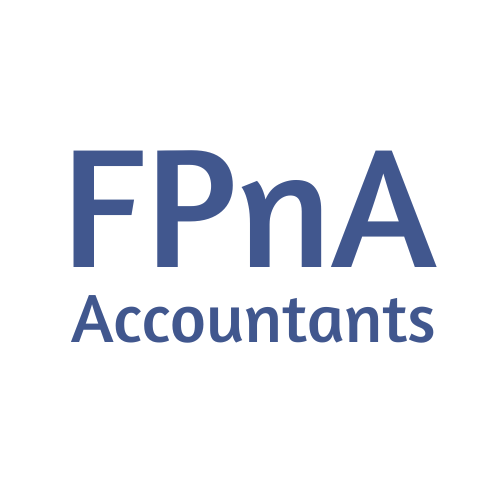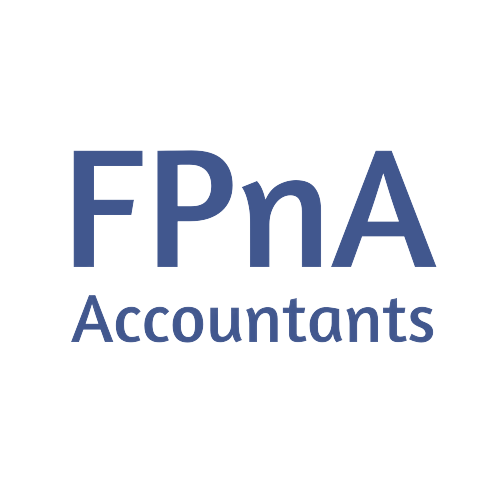Taxes are an inevitable part of running a business, and understanding tax deadlines is crucial for business owners, especially for start-ups, small and medium-sized enterprises (SMEs), and businesses in the early stages of growth. Missing these deadlines can lead to penalties, fines, and unnecessary stress. To help you stay compliant and tax-savvy, we’ve compiled a comprehensive guide to the key tax deadlines you need to be aware of.
1. Income Tax Filing Deadlines (USA and Canada)
The income tax filing deadlines are perhaps the most well-known and significant for businesses. For corporations in the USA, the federal income tax return is typically due by March 15th. In Canada, the filing deadline for corporations is due six months after the fiscal year-end. For individual business owners or self-employed individuals in both countries, the filing deadline is typically April 15th for the USA and June 15th for Canada.
2. Estimated Tax Payments
Start-ups and SMEs often need to pay estimated taxes quarterly. In the USA, these estimated tax payments are typically due on April 15th, June 15th, September 15th, and January 15th of the following year. In Canada, the due dates for estimated tax payments are similar but are specific to your fiscal year-end.
3. Payroll Tax Deadlines
If your business has employees, you must meet payroll tax deadlines, including withholding and remitting employee income taxes and payroll taxes. These deadlines are typically on a semi-monthly or monthly schedule, depending on the tax authority and the size of your payroll.
4. Sales Tax (GST/HST) Returns
In Canada, businesses that collect Goods and Services Tax (GST) or the Harmonized Sales Tax (HST) must file regular sales tax returns. These returns are usually due on a quarterly, monthly, or annual basis, depending on your sales volume.
5. Business Tax Credits and Deductions
Both the USA and Canada offer various tax credits and deductions for start-ups and SMEs, such as research and development (R&D) credits, investment tax credits, and small business deductions. Deadlines to claim these credits may differ, but they are often linked to your income tax return filing.
6. Self-Employment Tax (USA) and Self-Employed Individuals (Canada)
If you’re self-employed or a sole proprietor, you have specific tax obligations. In the USA, self-employment tax is generally due with your income tax return. In Canada, self-employed individuals have the same income tax deadlines as corporations but need to ensure they report their income accurately.
7. Provincial and State Tax Deadlines
In addition to federal taxes, SMEs in both the USA and Canada must consider state or provincial tax obligations. Each state or province may have different deadlines for income tax, sales tax, and other business-related taxes. It’s essential to research and be aware of your specific jurisdiction’s requirements.
8. Extensions and Late Filing Penalties
If you anticipate needing more time to file your taxes, you can often request an extension. In the USA, this generally provides an additional six months. In Canada, filing extensions may be available, but interest on unpaid balances can still accrue.
9. Seek Professional Guidance
Navigating these tax deadlines can be challenging, especially as your business grows. It’s highly recommended to work with tax professionals, accountants, or Certified Public Accountants (CPAs) who specialize in helping start-ups and SMEs. They can ensure you meet deadlines, take advantage of available deductions, and stay compliant with tax regulations.
In conclusion, understanding and meeting tax deadlines is vital for the financial health of your start-up or SME. Missing deadlines can lead to financial strain, penalties, and compliance issues.
At FPnA Accountants, we specialize in tax planning and compliance services tailored to the unique needs of businesses like yours. Partner with us to ensure your business thrives and stays tax-savvy.

